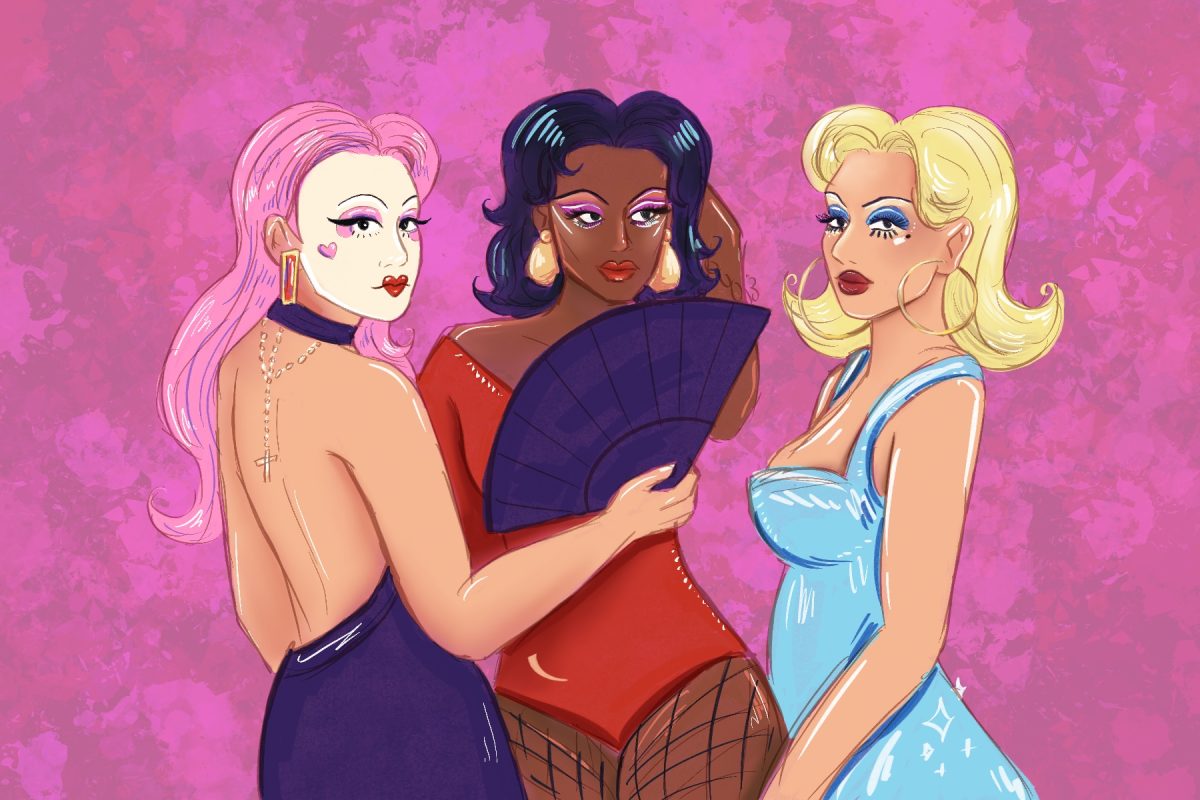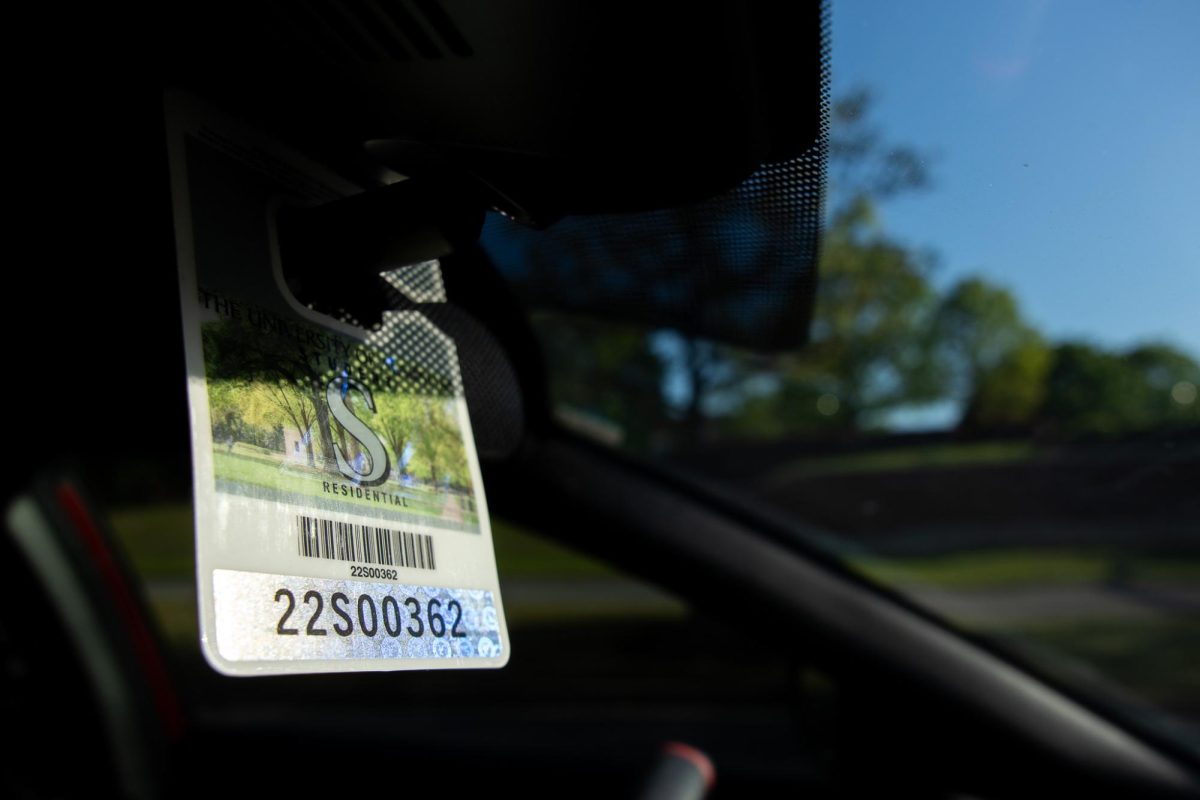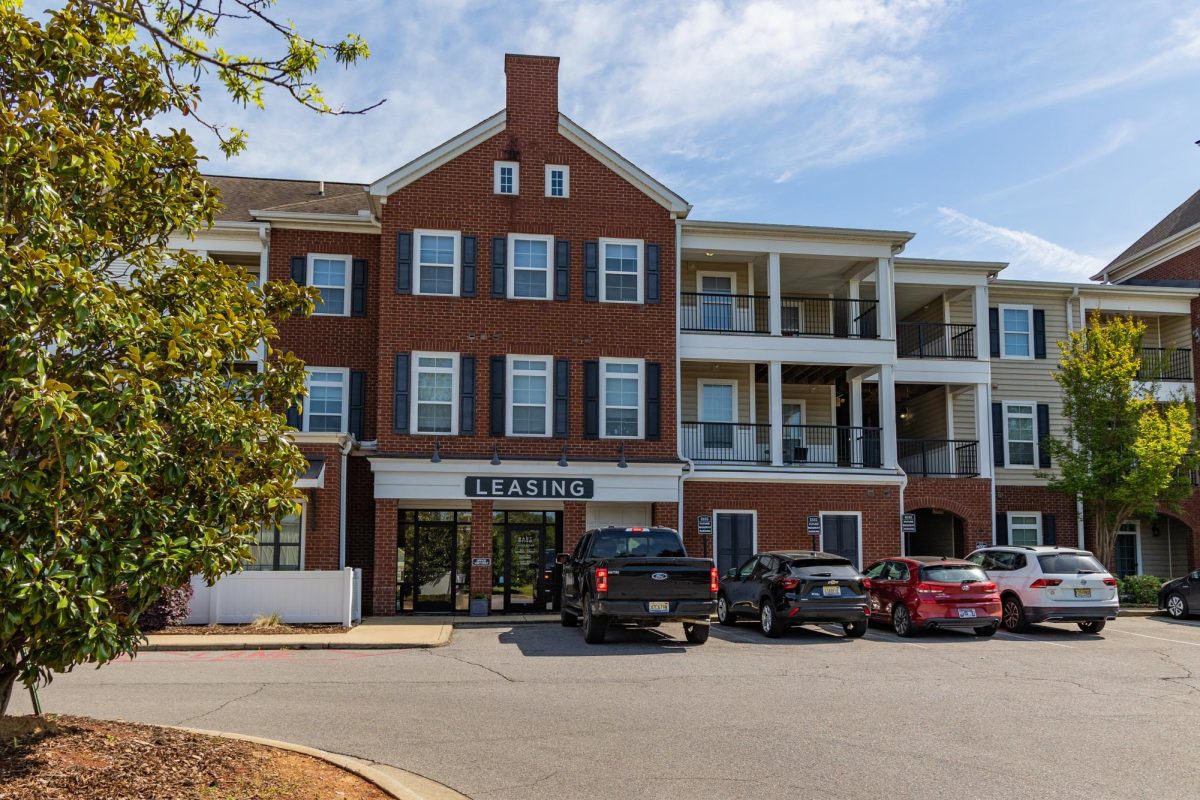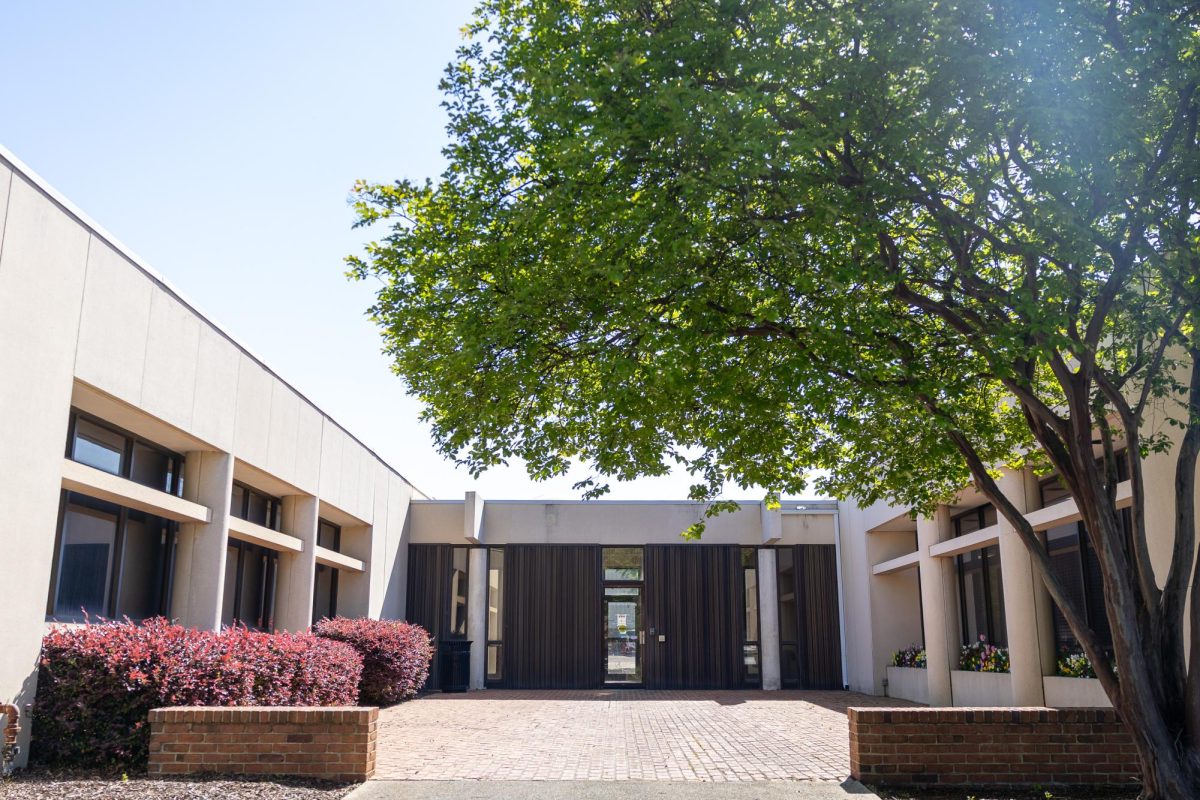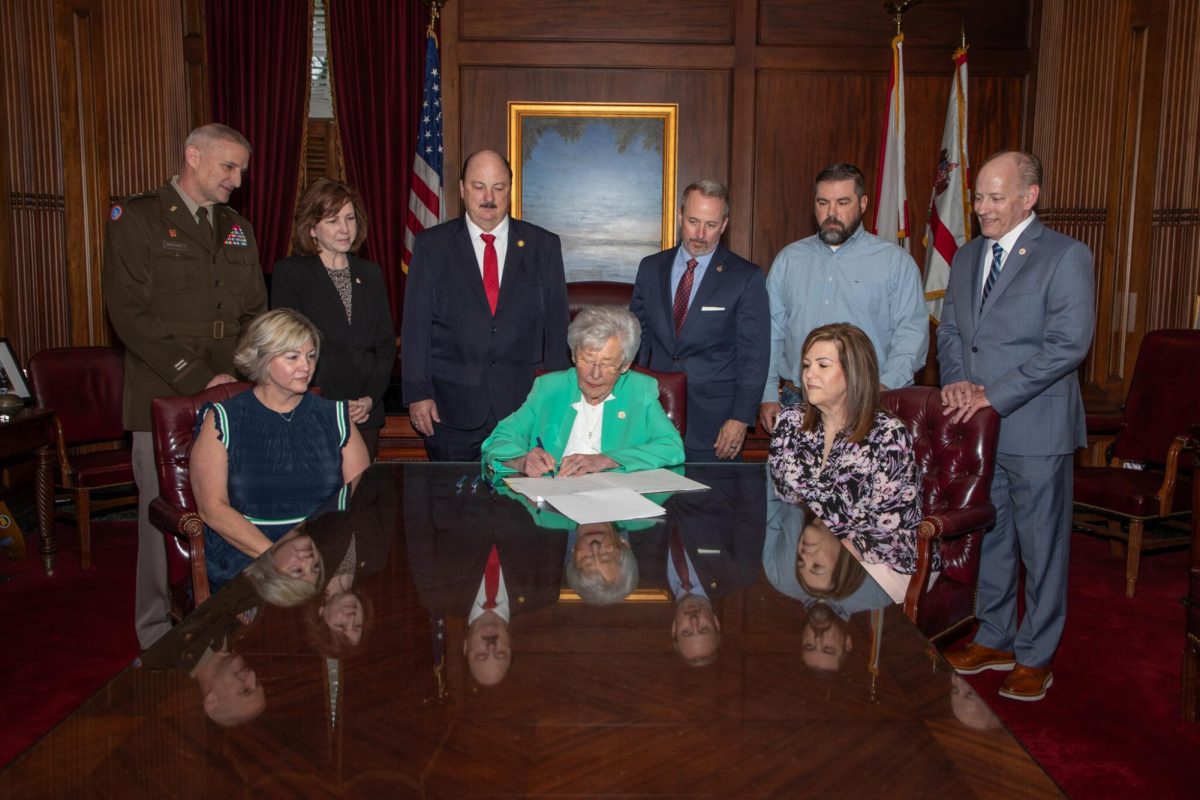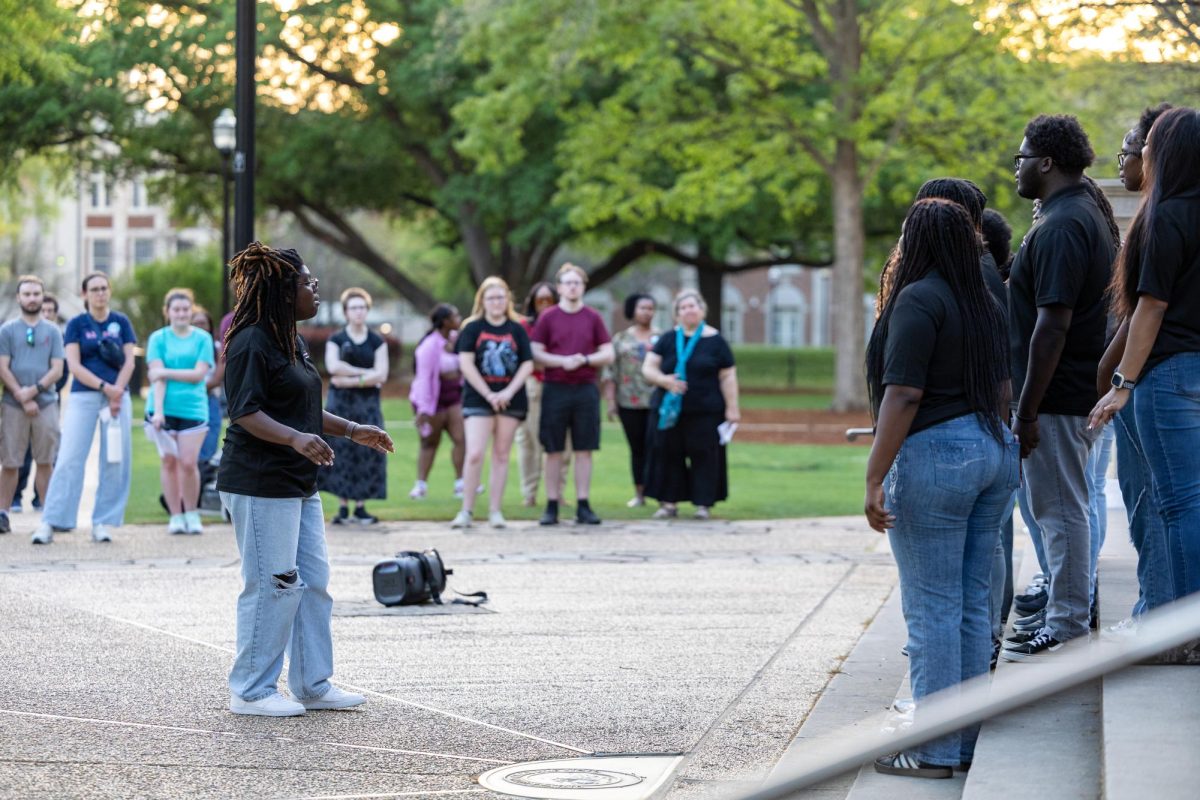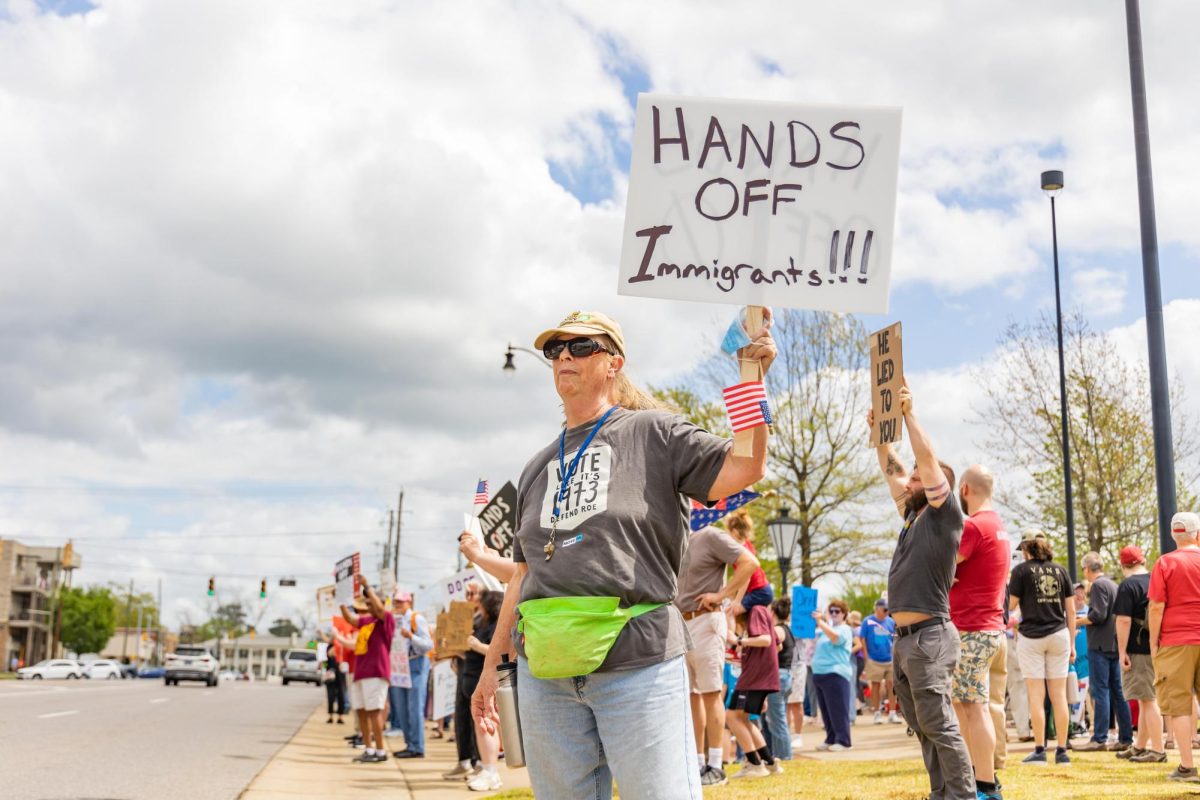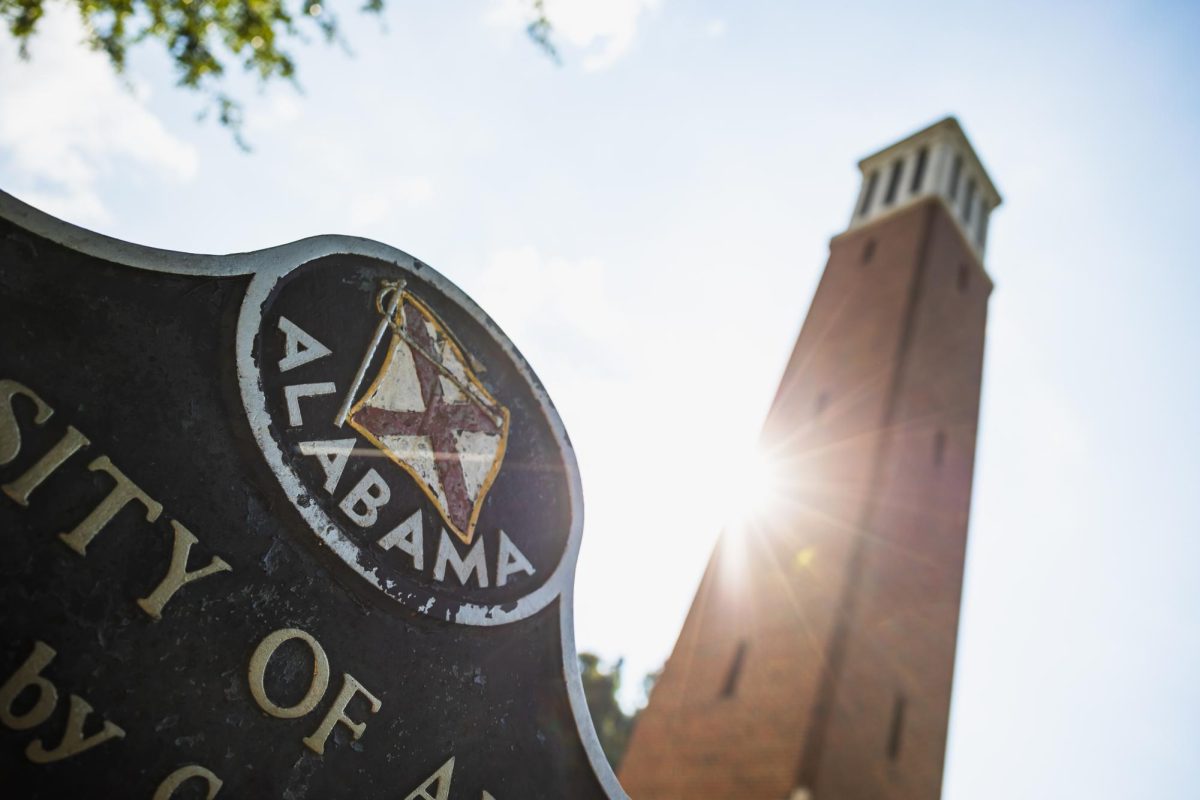Alabama’s newest anti-drag bill, House Bill 67, was introduced to the State House on Feb. 2, 2025.
The partisan bill is sponsored by Republican Rep. Scott Stadthagen and positions its content as a “parental rights” issue whose major subject deals with children.
The bill seeks to “prohibit public K-12 schools and public libraries from knowingly presenting or sponsoring drag performances in the presence of a minor without the consent of the minor’s parent or legal guardian.” It defines drag performances as “a performance in which a performer exhibits a sex identity that is different from the sex assigned to the performer at birth using clothing, makeup, or other physical markers.”
Since 2023, legislators in predominantly conservative states have pushed for laws limiting or prohibiting drag performances based on the belief that drag itself is excessively sexual and too inappropriate to be viewed by minors.
Both Tennessee and Montana have passed anti-drag laws restricting performances, and Alabama has previously introduced legislation meant to target the art form.
Tuscaloosa is home to a small but strong drag community, largely the result of local LGBTQ+ bar Icon and city-wide celebrations like the Miss Druid City Pride Pageant.
Olivia Giselle, who considers herself to be a “showgirl” who “does the art of drag” rather than a drag queen, began performing in drag in Tuscaloosa in 2018 as an outlet to deal with depression, anxiety and gender dysphoria.
“It was very important for me to find a safe outlet, a healthy outlet, to find myself again,” Giselle said.
When considering anti-drag legislation and those who support it, Giselle said she believes that the opposition comes from a place of hatred and misunderstanding.
“I think people should just allow people to be people,” Giselle said. “If it’s not harming anybody, if it’s not getting in anyone’s way — I think the obsession of it is the fact that they see people genuinely being happy and want to cause pain or sorrow.”
Phillip Davis, who performs under the drag persona Phoenix Foxx, is a new drag queen who won his first Icon Star Search competition in March. Davis said that the Tuscaloosa drag community is “a little family” that supported him as he made his debut this year.
Davis is aware of the concerns that prompted HB67 and the belief that drag is harmful to children, but disagrees with the argument the bill makes.
“There are PG-13 queens out there. Am I one? No. Am I going to do a drag brunch or a drag reading? No, I am not,” Davis said. “But there are spaces for queens based on what they give to the entertainment industry, just like how certain actors only do certain roles.”
Davis also said that certain people have a talent for drag just as they would any other art form, and they will continue to have that regardless of legislation passed against them.
“I still do believe that people have God-given gifts and have been called on to do certain things with those gifts. And if somebody has a knack for performing and a knack and a love for drag, they’re going to do it regardless,” Davis said.
Christian Peter, who performs locally as Chipz Awhore, has been doing drag in Tuscaloosa for almost a year. Peter described her drag as “very high-energy, over-the-top performance,” and was inspired to start doing drag by a friend after coming to the University.
As a performer, Peter said she finds drag bans “very disheartening” and finds the threat that they pose to be something that is already impacting drag artists in conservative states in a multitude of ways.
“I feel like it makes it harder for me to want to go out to do drag because of my safety,” Peter said. “But also, on the flip side, I feel like when you kind of push a whole group of people into trying to feel scared or unsafe, it kind of makes them want to come together and want to go out and support these things.”
Local queens said that while they believe drag bans pose a threat to their art and livelihoods, the biggest threat from such legislation is the prejudice it promotes against queer people.
“I feel like a lot of the issues stem from homophobia and transphobia,” Peter said.
Though the passing of HB67 would effectively outlaw drag performances in K-12 schools and public libraries in Alabama, Foxx stands by the fact that drag is not the threat that politicians make it out to be.
“Drag is not a crime,” Davis said. “It’s literally just a form of people to express their art and what they feel passionate about.”
Regardless of the threats, drag artists in Tuscaloosa said they want to make it clear that their art is not going anywhere.
“Whether you can accept it or not, we are here, we are queer, and we are here to stay,” Giselle said.



